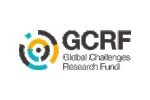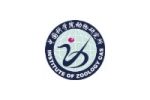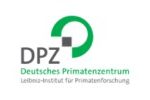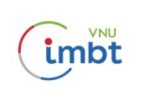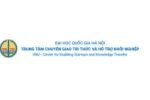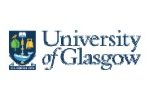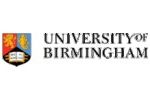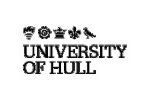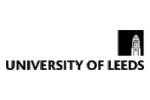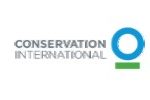By Hue Le, Van Kien Nguyen and Holly Sutherland
This blog is about the work of the Hub’s CCI-AGU team: Van Kien Nguyen, Nguyen Van Thai, Le Ngoc Hiệp, Nguyen Minh Đăng, Huynh Ngoc Duc, Vo Van Oc, Tran Van Hieu, Le Thi Xa and WARECOD’s Lan Nguyen.
Nestled in the heart of Southeast Asia, Vietnam boasts the world’s third-largest rice export industry. At the epicentre of this agricultural powerhouse lies the magnificent Mekong River Delta, often referred to as the “rice bowl” of Vietnam. It’s a region where the rhythms of life are dictated by the ebb and flow of the Mekong River. But beneath the lush greenery and tranquil landscapes, a silent struggle is unfolding – one that pits tradition against the pressing need for change.
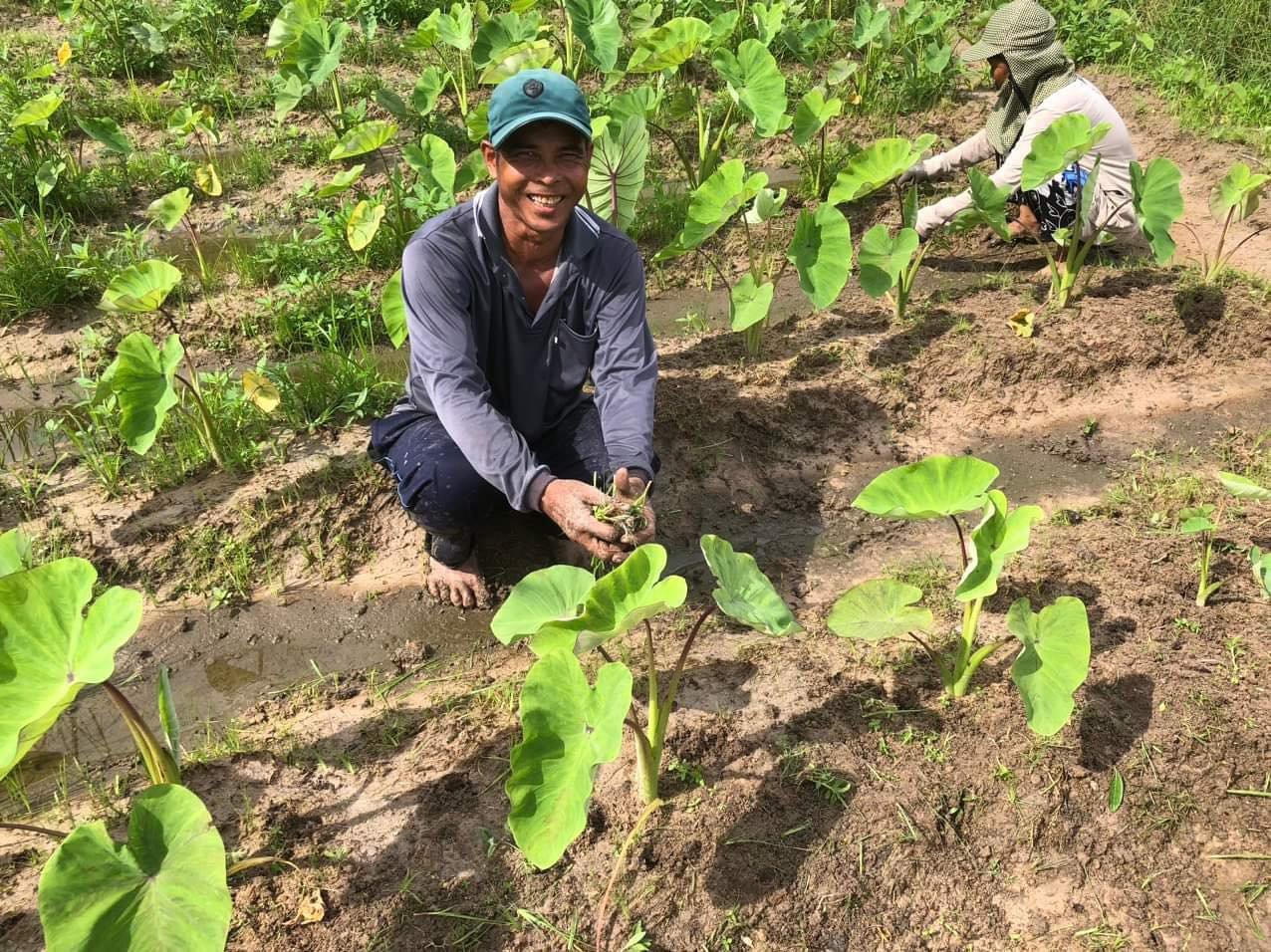 Organic farming practices in An Giang province (Vo Van Oc)
Organic farming practices in An Giang province (Vo Van Oc)In their pursuit of higher rice yields, local farmers have often unwittingly embraced intensive, conventional farming practices that wield a heavy environmental toll. As rice production expanded, so too did the reliance on agri-chemicals, gradually depleting the land’s vitality and eroding agro-biodiversity—the delicate balance between nature and agriculture. The land cried out for a more sustainable approach, and the answer came in the form of organic farming.
However, transitioning to organic farming is easier said than done. While local authorities have championed the cause of organic agriculture, the transition has been a slow and cautious one. The Living Deltas Hub recognise the difficulties surrounding this transition and are committed to helping usher in a new era of sustainable farming practices in Vietnam’s Soc Trang and An Giang provinces.
Weathering the Storm: Organic Farming as a Climate and Biodiversity Saviour?
In the Hub, we have conducted community-based activities, working to help local authorities, farmers and private sectors recognise the importance of organic rice and vegetable farming in future climate change adaptation. From this work a cooperative was formed, which embraces organic farming methods, and, as time went on farmers realised, by observing the changes in weather and hydrology that organic farming had helped them to adapt to the changing climate. The organic rice straws could withstand heavy rains, whilst the conventional rice was severely damaged by the heavy rains of 2022.
And the Hub didn’t stop there; we also conducted monitoring of the agro-biodiversity recovery in places where organic farming is practiced. In the organic rice fields of Soc Trang, we discovered a thriving ecosystem, teeming with native fish, field crabs, and wild vegetables. These natural treasures weren’t just a boon for biodiversity but also provided vital sustenance to local communities. It was a powerful testament to how embracing organic farming could nourish both the land and its people.
Empowering the Guardians of Change
Recognising that knowledge is the true catalyst for change, we partnered with the An Giang provincial Department of Agriculture and Rural Development (DARD) to train their staff in incorporating organic farming practices into their 5-year plan. In Soc Trang Province, DARD staff and 20 local farmers worked together to apply organic rice farming across 30 hectares of rice paddies.
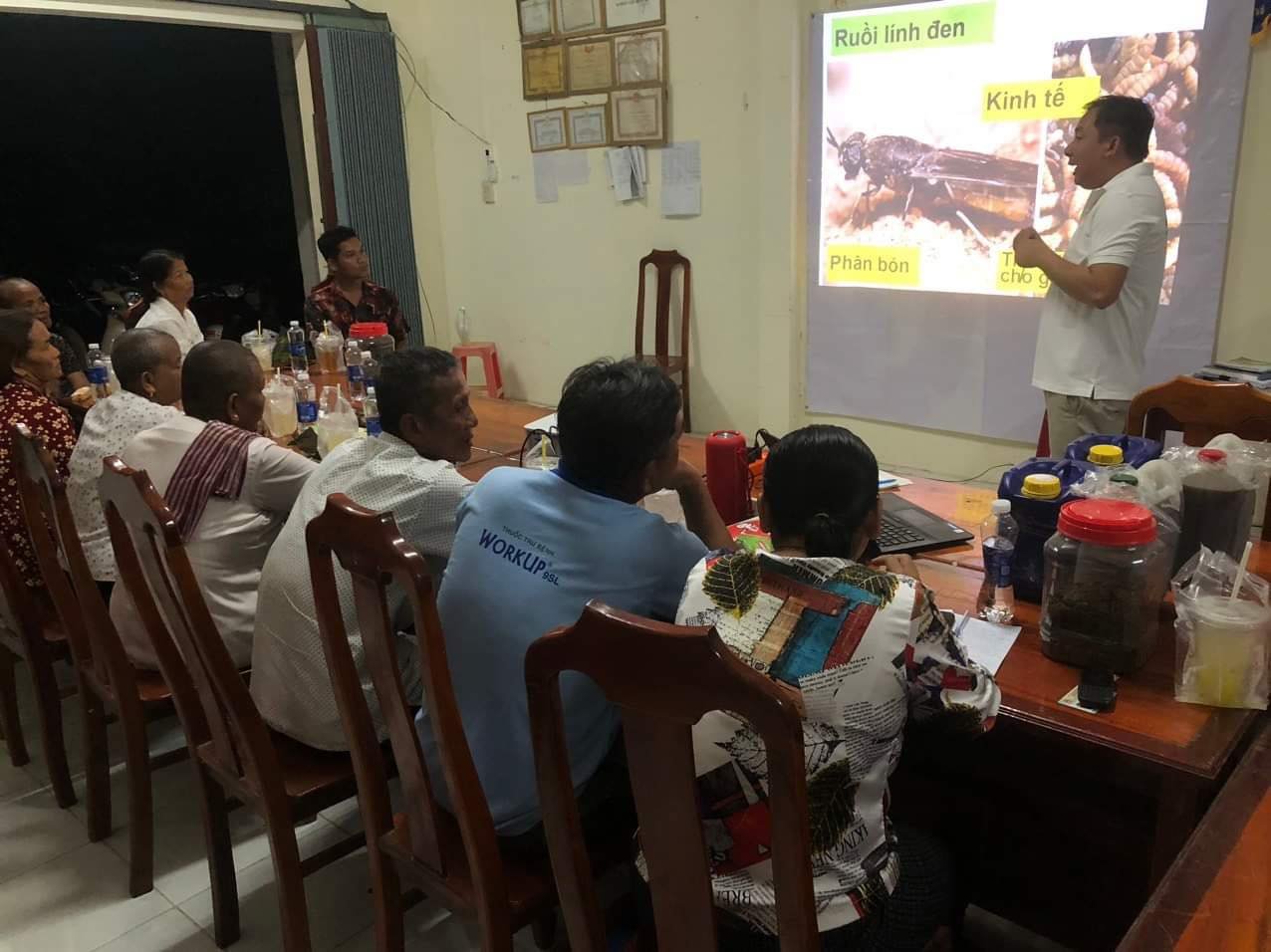 Training on organic farming in An Giang Province (Vo Van Oc)
Training on organic farming in An Giang Province (Vo Van Oc)
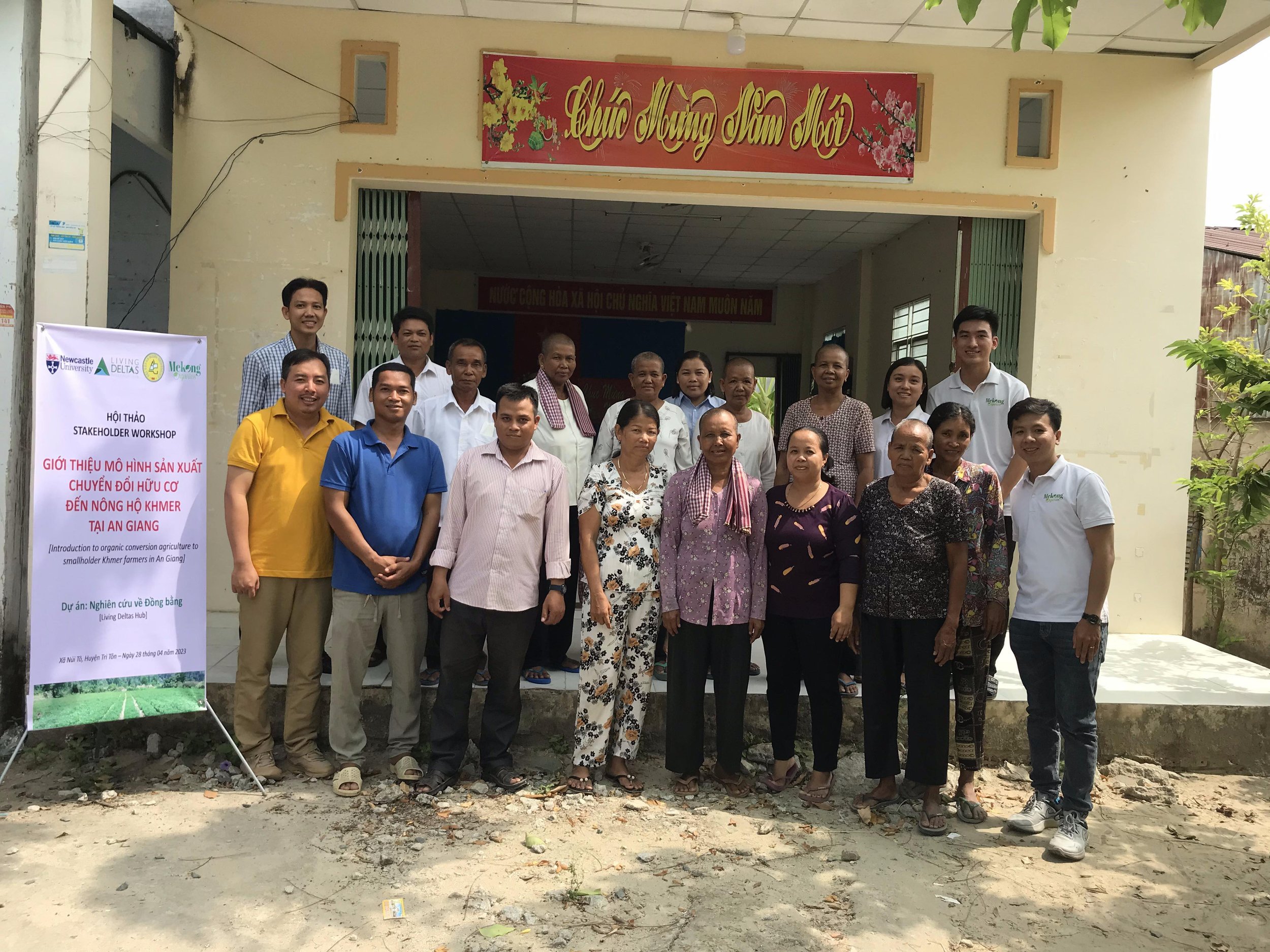 Training on organic farming for Khmer people in An Giang Province (Vo Van Oc)
Training on organic farming for Khmer people in An Giang Province (Vo Van Oc)
We have also partnered with research organisations such as Asia Organic Agriculture Research and Development Institute (AOI) and privately-owned rice companies to buy organic rice (not yet certified) from members of the cooperative.
In An Giang 20 Khmer farmers and 15 members of DARD staff (both male and female) began adopting organic farming and practices. The Khmer people started using their traditional and local knowledge and technique of using cow manure to produce organic fertilizer (a process which was stopped 20 years ago). This revival not only benefited the land but also served as a cultural preservation effort.
Beyond Agriculture
The Hub’s impact extends beyond farming alone. We have lent our support to a Khmer-led small business endeavour, promoting natural palm sugar, thereby safeguarding the traditional knowledge of Khmer Craft Village’s Palm Sugar. By supporting the business in its marketing and communication needs we have helped them to promote their produce for export.
Beyond agriculture, the Living Deltas Hub has another mission—to enable economic opportunities for the youth. By facilitating dialogues with policymakers, we aim to forge evidence-based solutions for coastal regions in the Red River Delta.
In this northern corner of Vietnam, we’ve supported a remarkable female-led cooperative that grows rice and cash crops. This cooperative encourages its members to eschew chemicals and pesticides in favour of bio-products. They meticulously train their members in proper pesticide application and emphasize the use of high-quality seeds. The result? Agricultural products that are both clean and desirable, fetching higher prices at market. Many times, this cooperative’s supply cannot keep up with the demand.
This is just one example of the way in which Living Deltas is promoting sustainable agriculture and helping people to contribute to the protection of the ecosystem. Successes like the example above help to empower the youth to build a career in their homeland and help to preserve the delta’s delicate ecosystem. With stable livelihoods, young people are less inclined to migrate, thereby preserving the social fabric of this unique region.
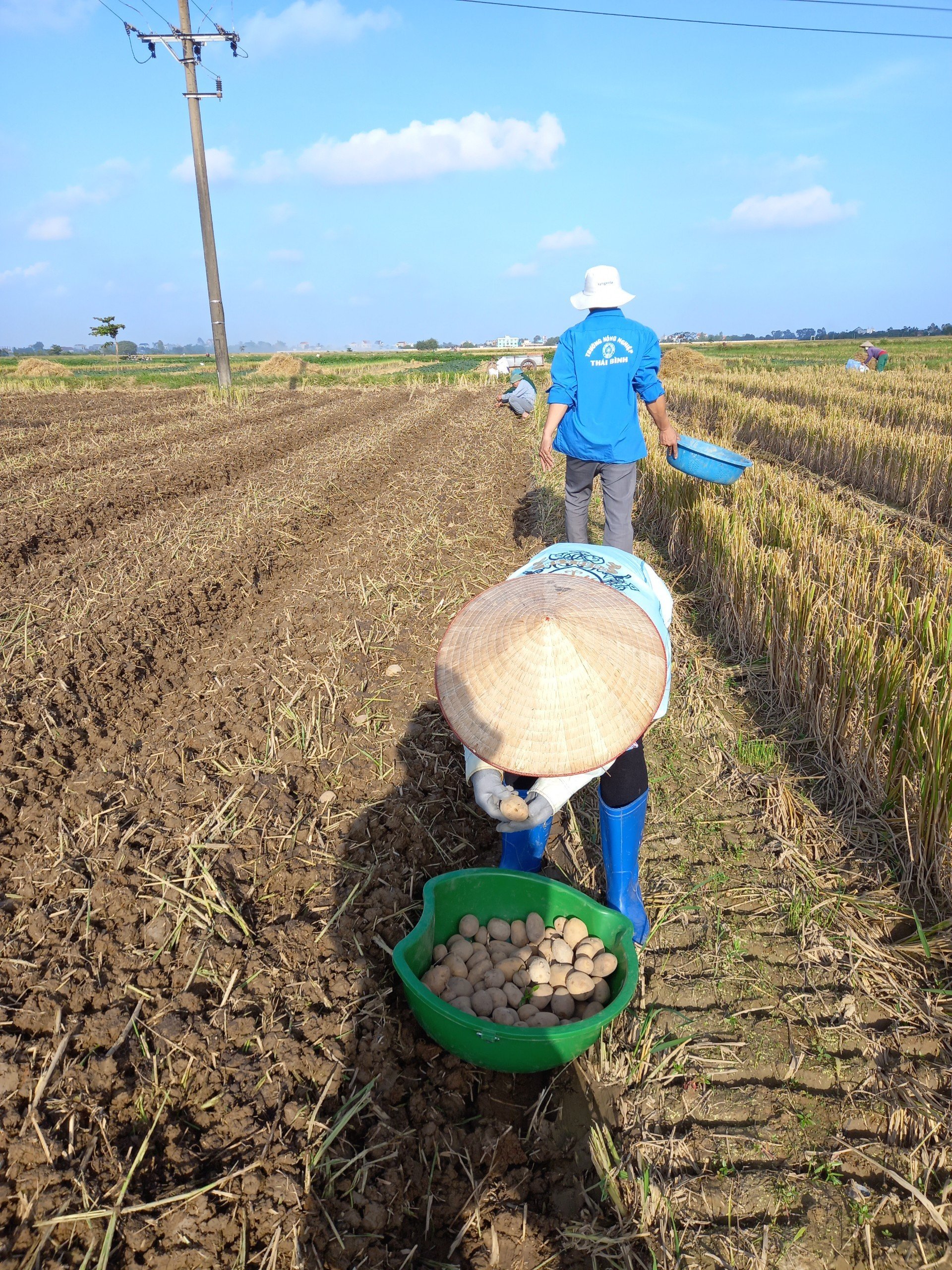 Female-led cooperative members growing potato in Thai Binh province (Tran Hoai)
Female-led cooperative members growing potato in Thai Binh province (Tran Hoai)
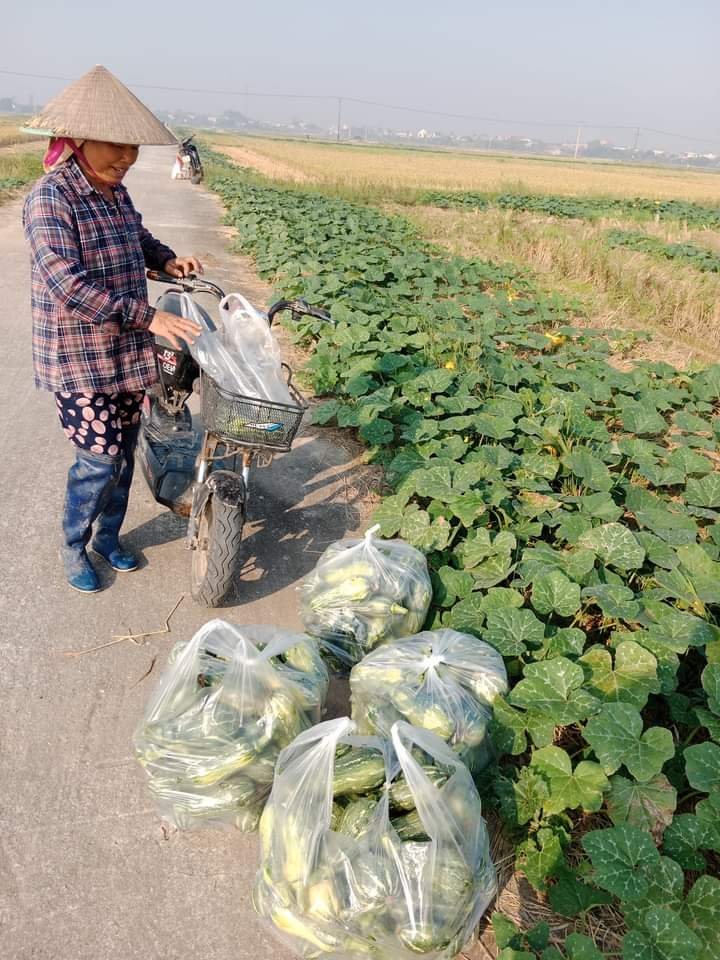
Female-led cooperative member harvesting zucchini in Thai Binh province (Tran Hoai)
Building Bridges: South-South, South-North, and North-South Connections
The Hub’s influence also extends beyond Vietnamese borders. We are fostering a culture of learning and collaboration, between researchers from the UK and Asia. Through these research partnerships and network relationships, we co-produce knowledge on a mutual trust model, built equitably between the Global ‘North’ and ‘South’; and ‘South-South’. We are co-designing research tools and co-producing solutions for better Sustainable Development Goal (SDG) outcomes. This global network aims to ensure that sustainable practices are at the forefront of future projects.
As a researcher from Vietnam, I’ve learnt a lot from UK, Indian, and Bangladeshi partners. The Hub has improved the capacity of many young researchers. We will bring the Hub’s legacy to our future projects and as such we will greatly contribute to making the deltas more resilient in the future. The Hub is a testament to the power of community, knowledge, and determination to shape more sustainable deltas.
As the Hub’s journey will culminate in 2024, we plan to host engagement activities in early 2024 where we will share our findings and insights with local communities, government bodies, NGO’s, private enterprises, and international agencies in the Mekong Delta. It’s an opportunity to inspire change on a broader scale, sparking a movement towards sustainable, organic agriculture.
Tags: HUB

